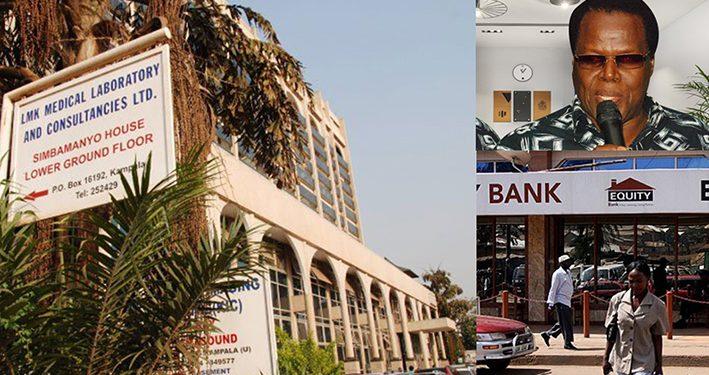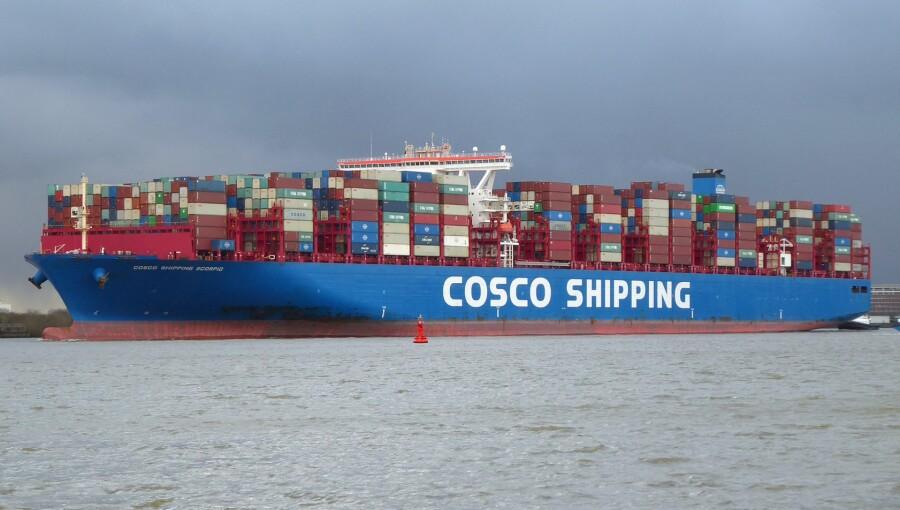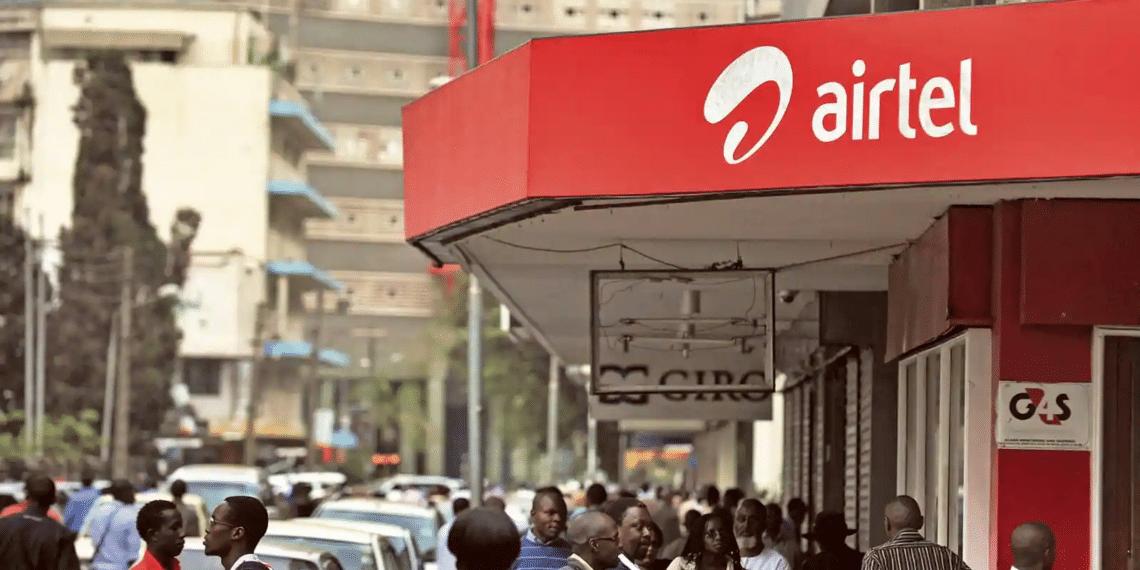
BasiGo has launched a pilot program to test electric matatus on inter-city routes, marking a significant step in Kenya's push toward cleaner public transport. The initiative aims to evaluate the performance and suitability of electric vehicles for longer-distance travel between cities.
According to 4NTE Sacco Chairman Wilfred Kimotho, two electric vans have already been deployed for the trial. The test period is expected to last for three months, during which the Sacco will assess how well the vehicles perform on the road and how effectively they meet the needs of both drivers and passengers.
Kimotho noted that if the trial proves successful, the Sacco will consider ordering more electric matatus for its fleet. The introduction of electric vehicles into inter-city transport represents a shift from the traditional diesel-powered matatus, which have been the backbone of Kenya’s public transport for decades.
BasiGo, a Kenyan electric vehicle startup, has been active in promoting clean mobility solutions in the country. So far, most of its focus has been on city commuter routes, particularly in Nairobi, where electric buses have already started operating on select routes. This new trial expands their scope into longer journeys, which require vehicles with more endurance and efficient charging systems.
The three-month pilot will provide data on several key factors, including battery performance over long distances, charging infrastructure availability along inter-city routes, passenger comfort, and overall operational costs. These insights will be crucial in determining whether electric vehicles can be viable alternatives to conventional matatus outside city limits.
BasiGo’s move aligns with Kenya’s broader environmental goals, which include reducing greenhouse gas emissions and lowering reliance on fossil fuels. As public transport is one of the major contributors to urban air pollution, transitioning to electric mobility could significantly improve air quality and cut transportation costs over time.
While the trial is still in its early stages, it has generated interest among stakeholders in the transport sector who are watching closely to see if electric vehicles can meet the unique challenges of Kenya’s inter-city roads. If successful, the pilot could pave the way for a new era of sustainable public transport across the country.
Business

Fuel and Food Price Hikes Push Kenya’s Inflation to 4.1%
Kenya’s inflation rate rose to 4.1 percent in July 2025, largely due to the rising costs of fuel and food.

High Court Confirms Legal Sale of Simbamanyo Properties in Loan Row
The High Court in Kampala has ruled that the sale of Simbamanyo Estates’ two prime properties was lawful, ending a lengthy legal battle over a $10 million loan dispute involving Equity Bank and the estate of the late Peter Kamya.

China’s COSCO Eyes Stake in $23B Panama Ports Deal Shift
China’s state-owned shipping giant COSCO is pushing to join a major $23 billion deal to acquire port assets owned by Hong Kong-based CK Hutchison, including key terminals on both sides of the Panama Canal.

US and EU Reach Major Trade Deal with 15% Tariff Agreement
The United States and the European Union have reached a major trade agreement, ending months of tense negotiations between two of the world’s largest economic powers.

Kenya Wins Sh258.5 Billion Railway Dispute in London Court
Kenya has won a major legal battle after a London court dismissed a Sh258.5 billion claim over a failed railway project.

Airtel Africa’s Quarterly Profit Soars 370% on Data, Mobile Money Surge
Airtel Africa has reported a massive 370% rise in profit for the quarter ending June 2025, driven by a strong increase in mobile data usage and rapid growth in its mobile money platform across its 14 African markets.

Safaricom Hits 50 Million Users as It Nears 25-Year Milestone
Safaricom PLC has officially surpassed 50 million customers on its Kenyan mobile network, marking a major milestone just months before the company celebrates its 25th anniversary in October 2025.

Mining Sector’s Share in GDP Falls to 4.38% in Q1 2025
The mining and quarrying sector contributed 4.38 per cent to Nigeria’s GDP in the first quarter of 2025, according to the National Bureau of Statistics (NBS).